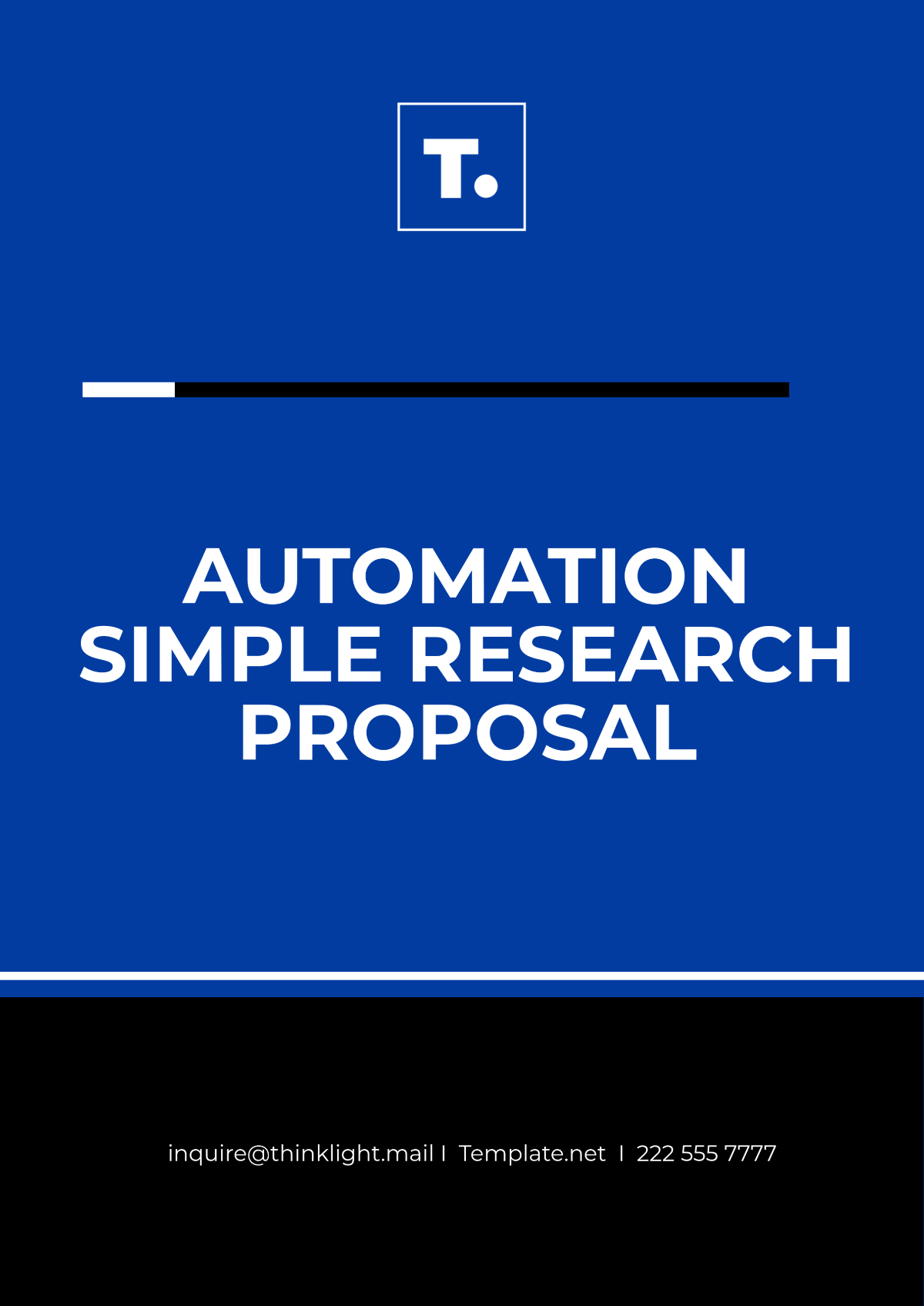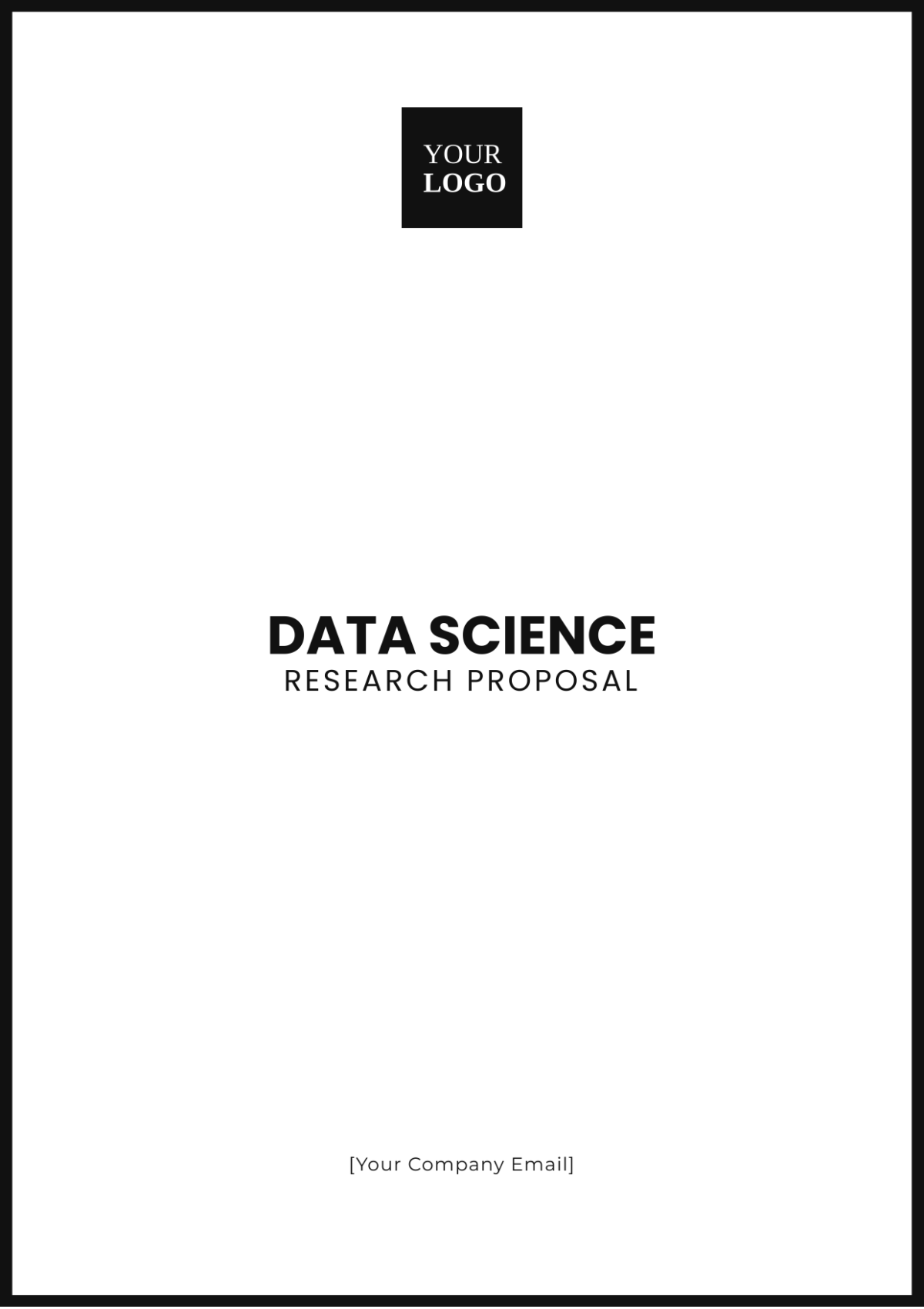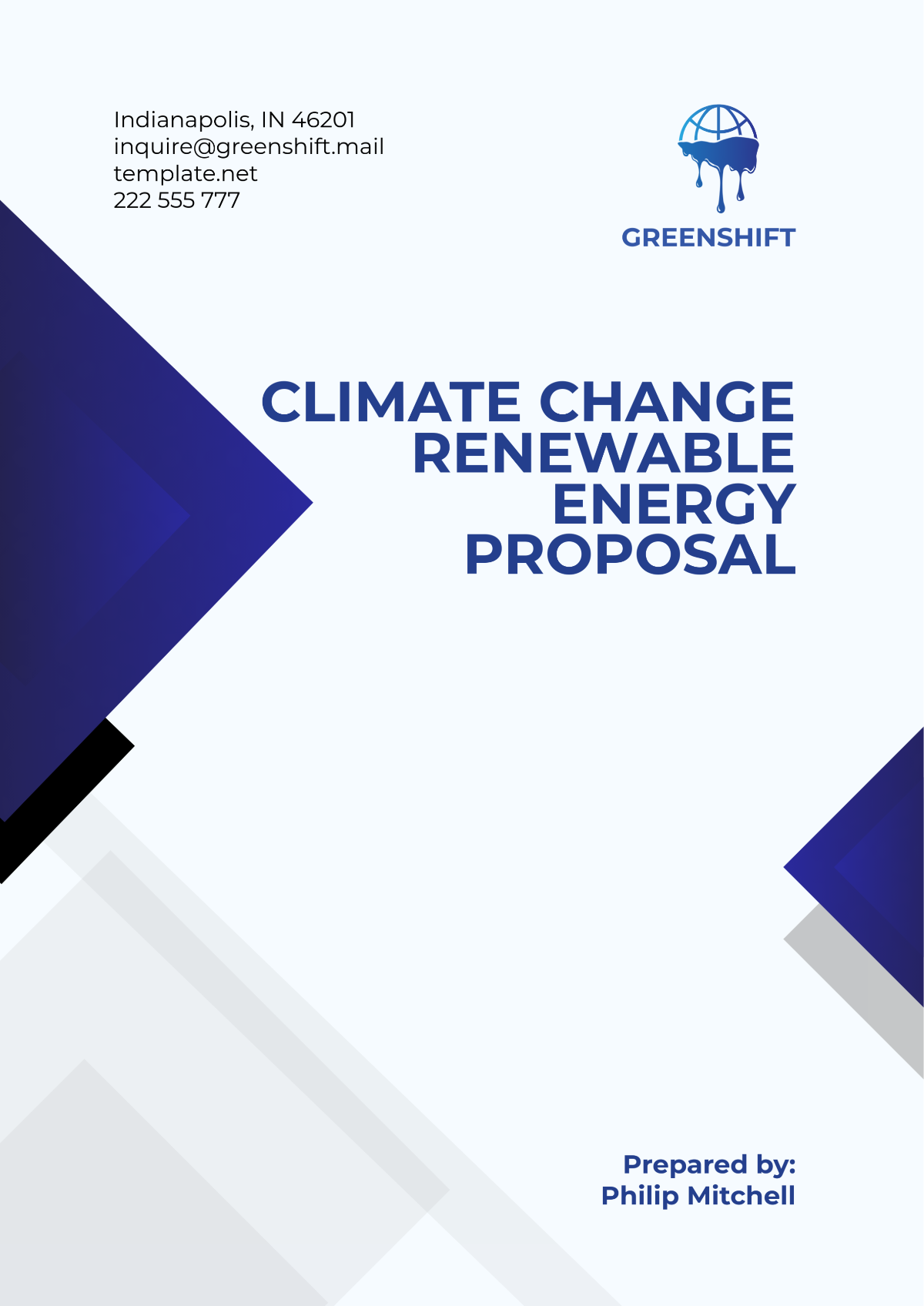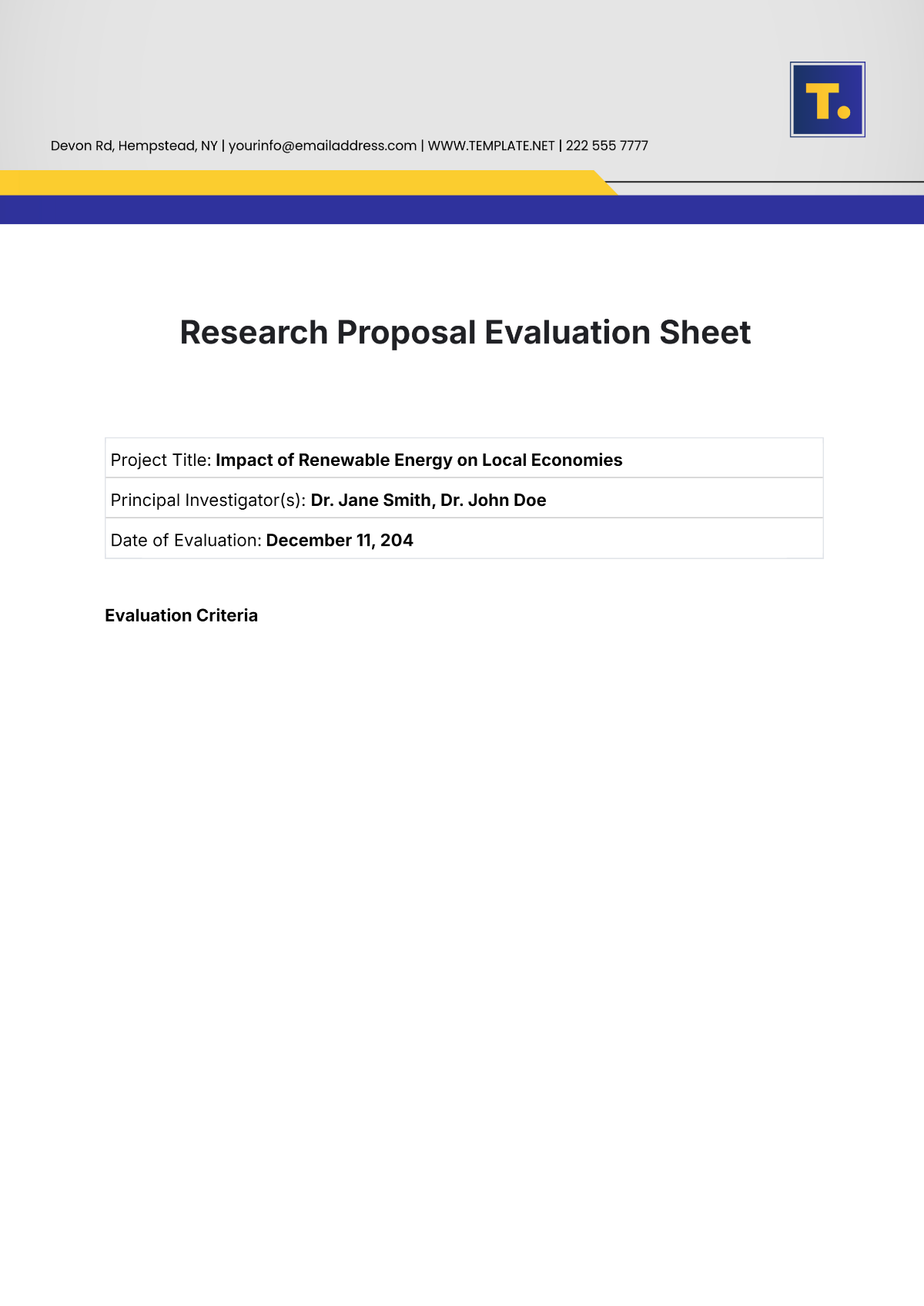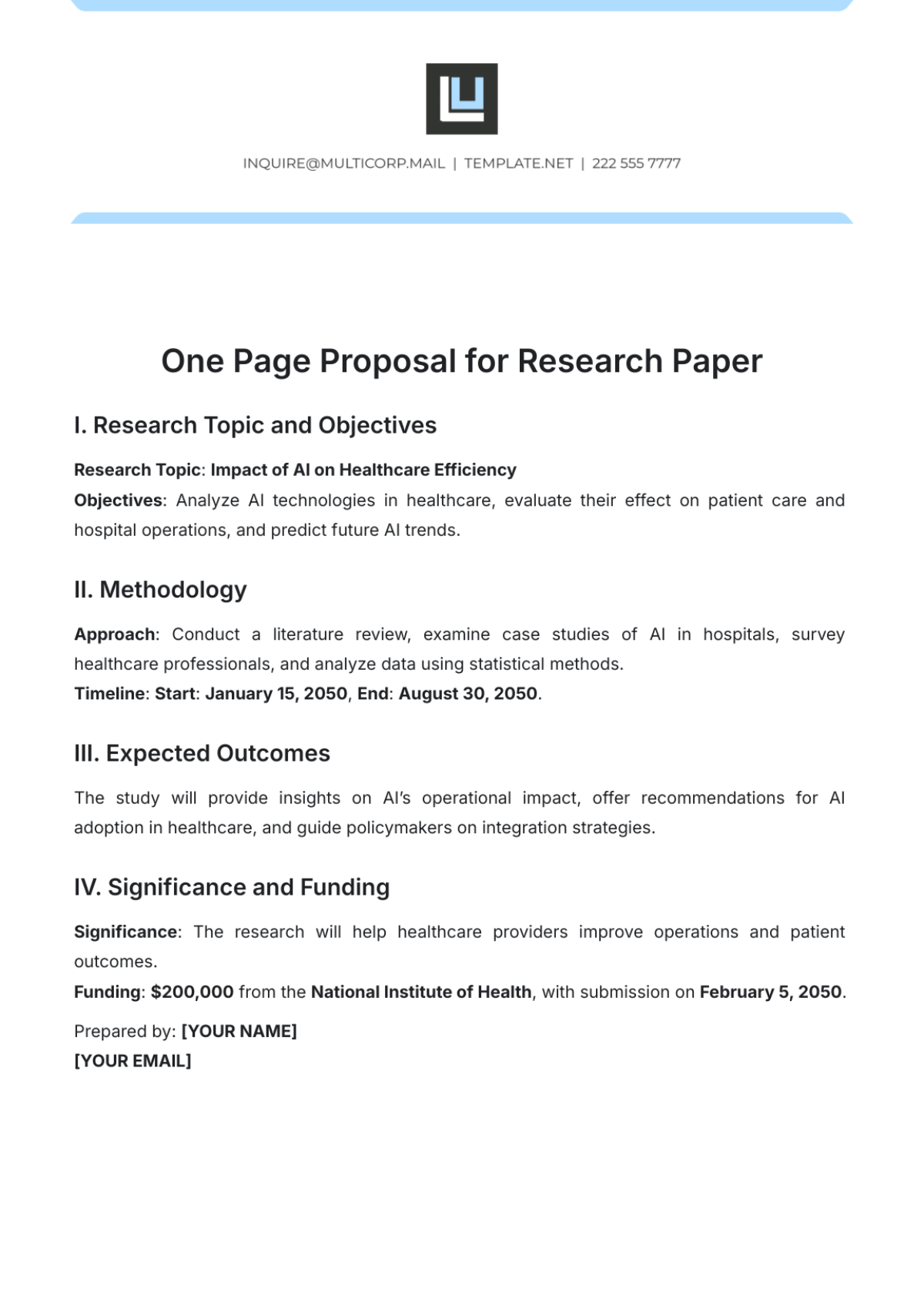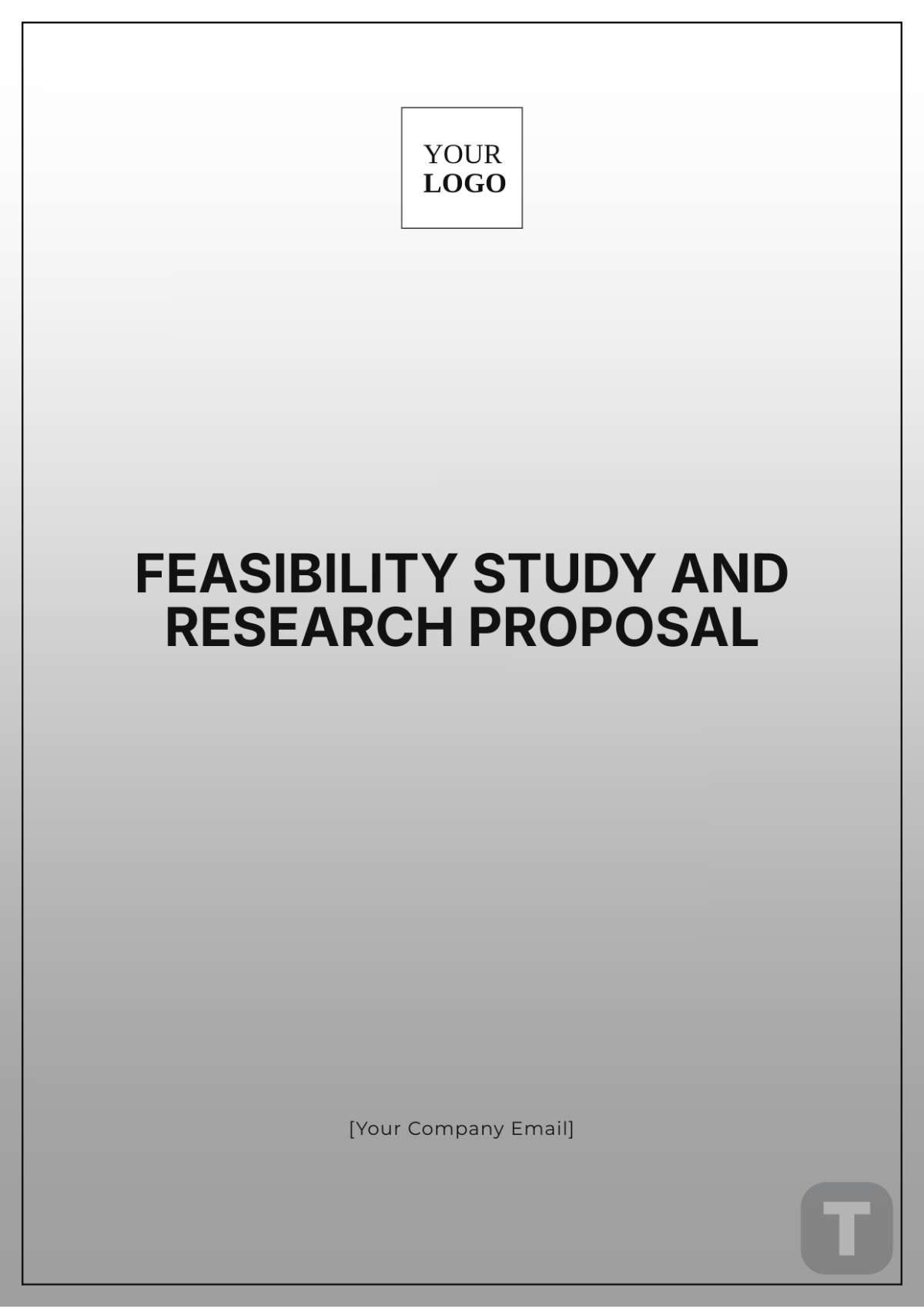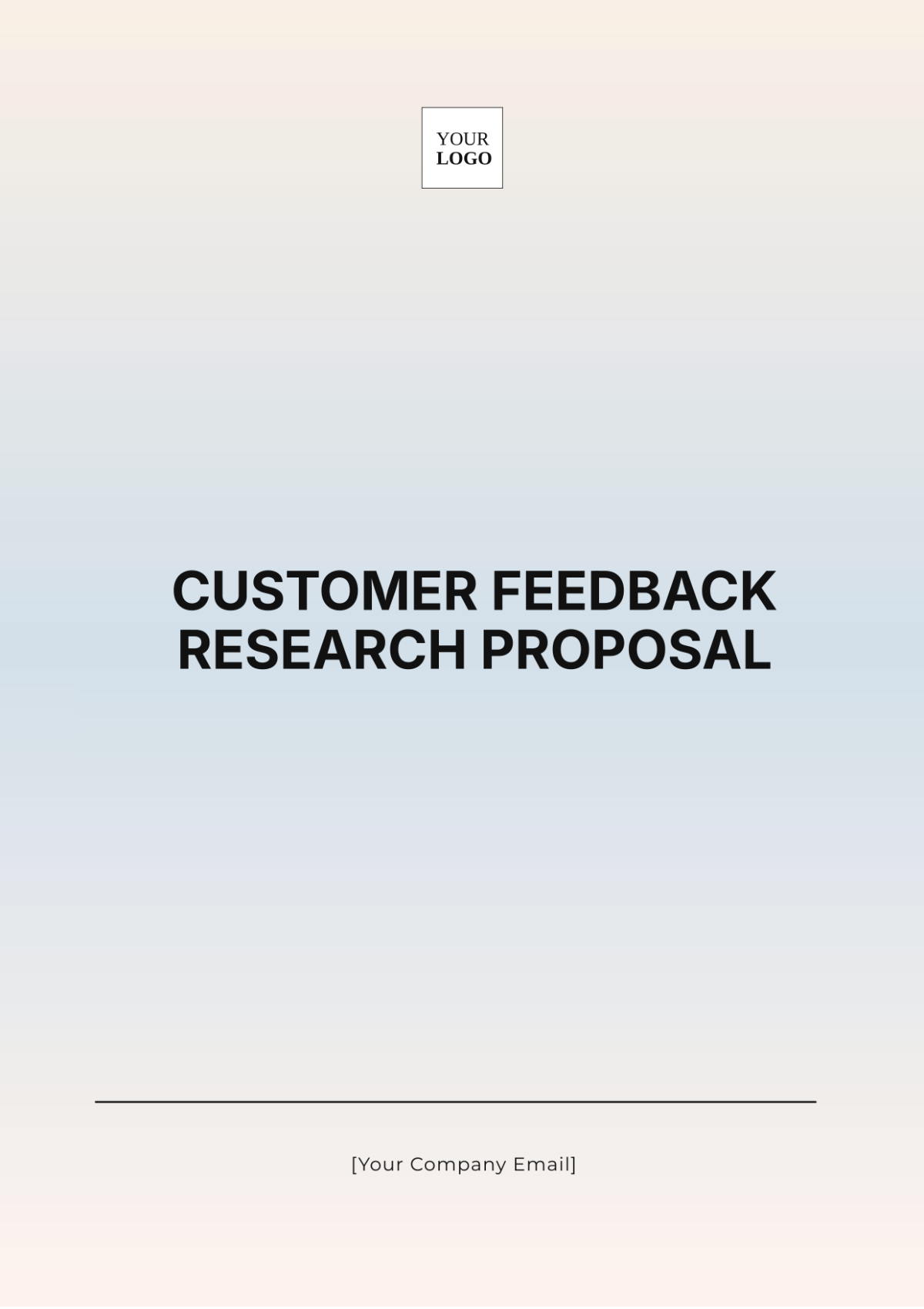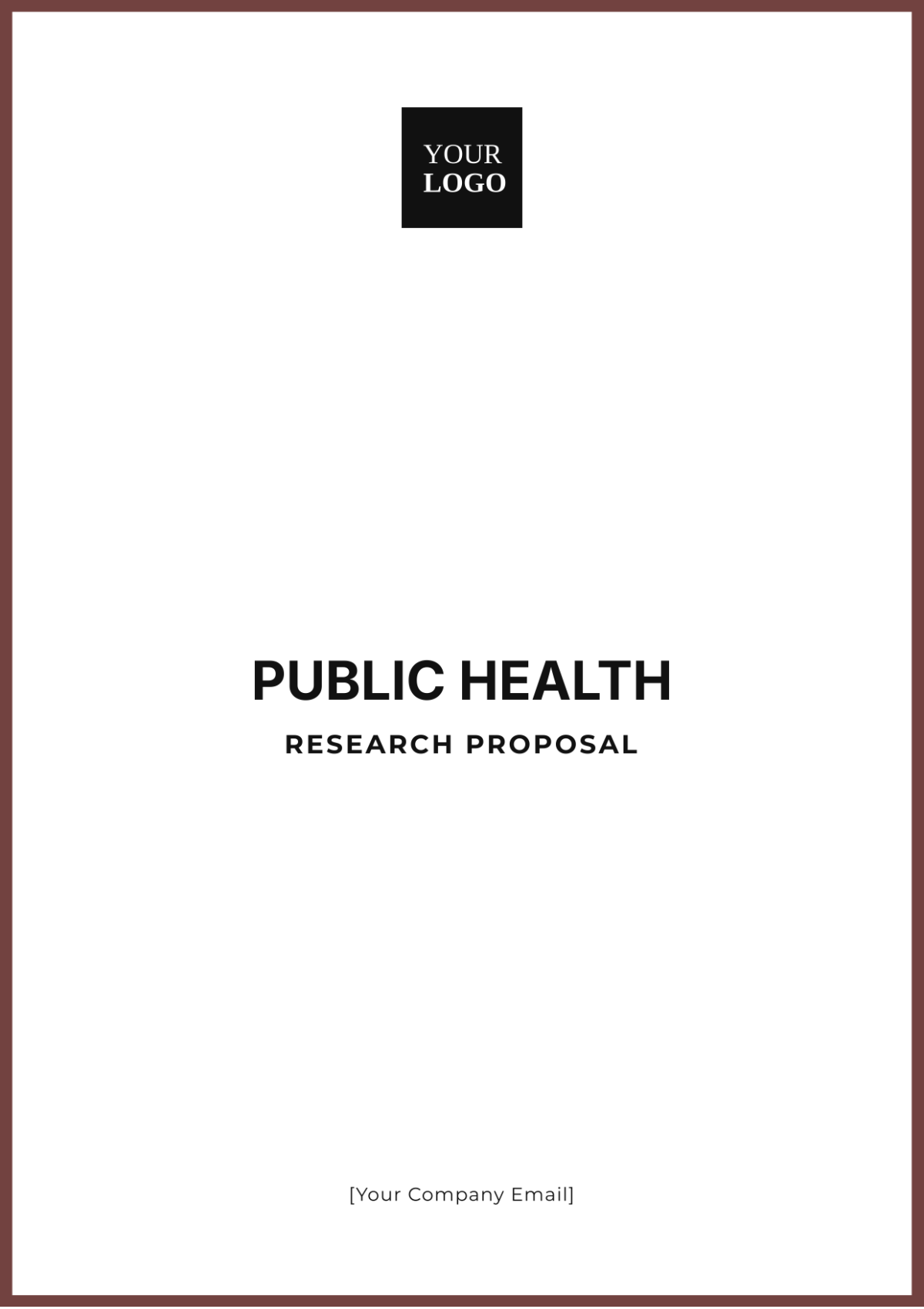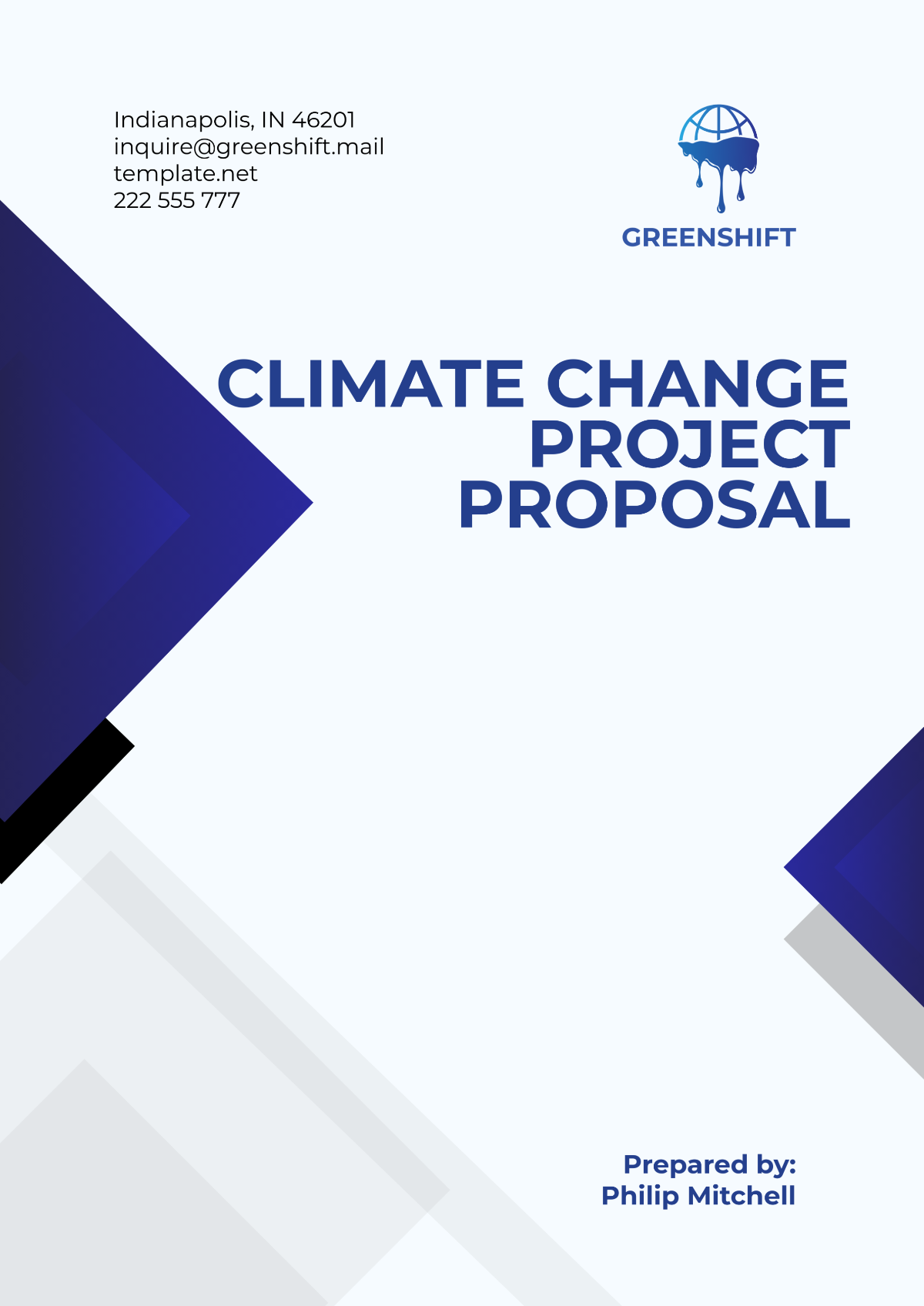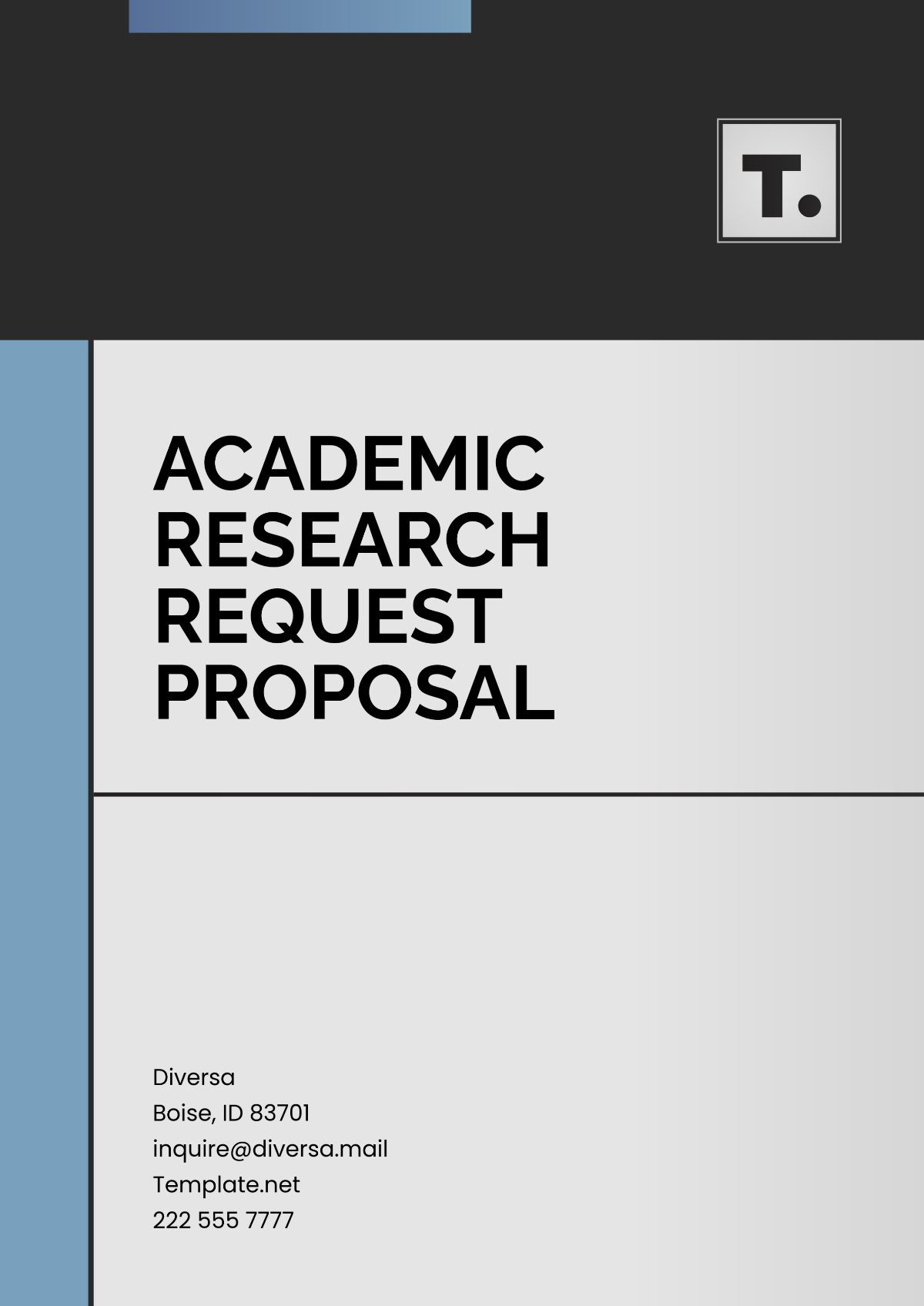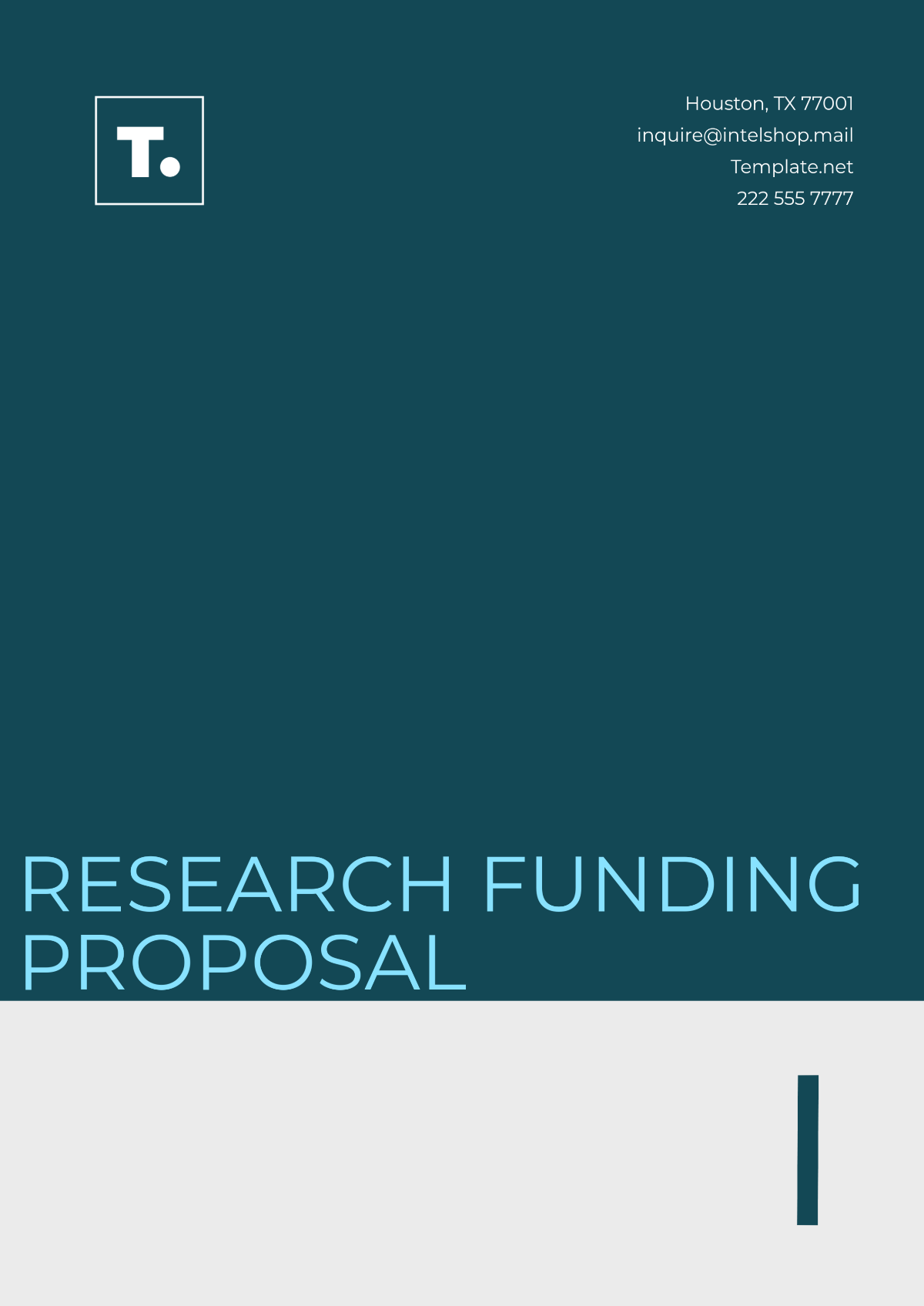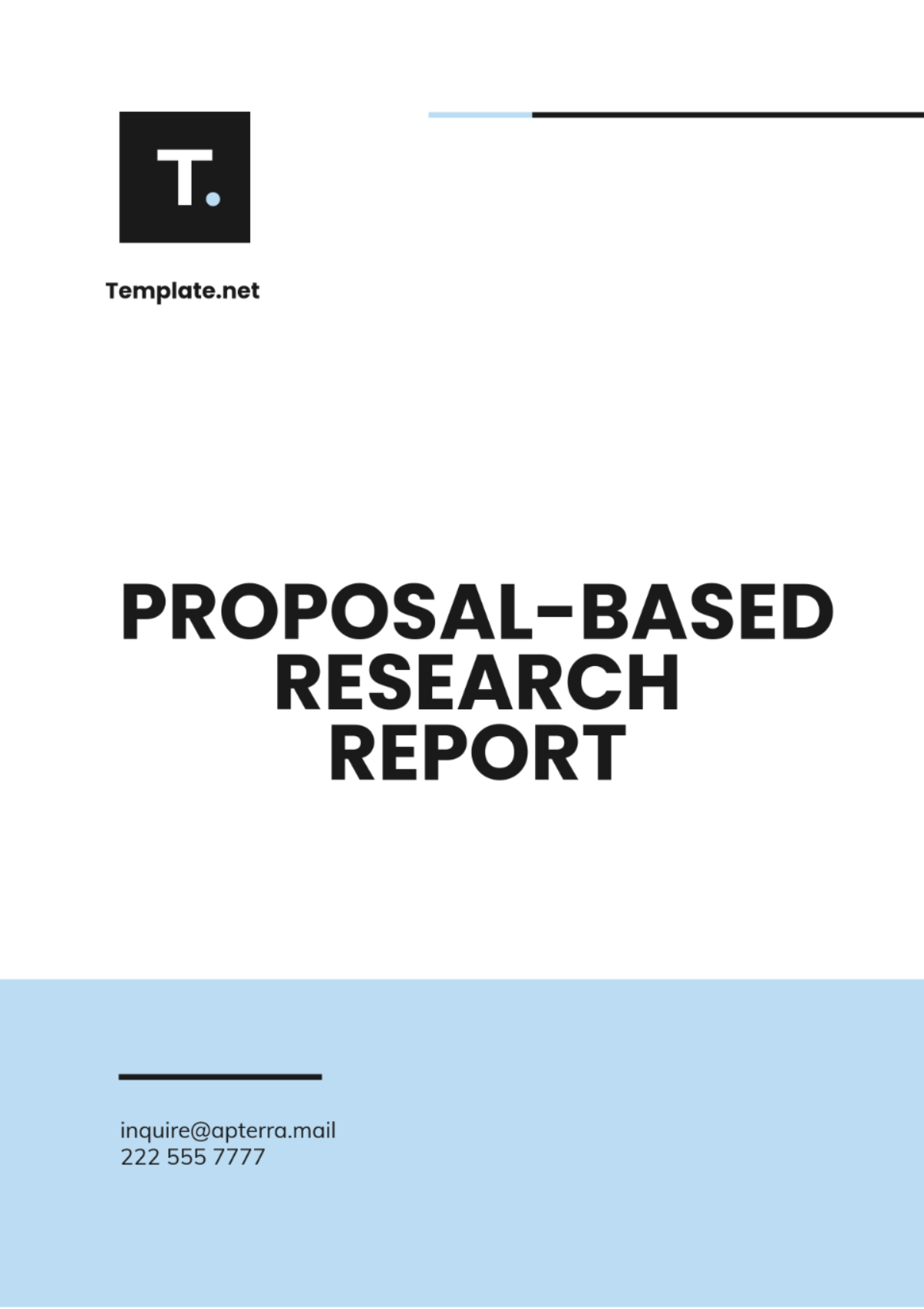Data Science Research Proposal
Researcher: [Your Name]
Date: [Date]
I. Introduction
The expanding landscape of data science presents numerous opportunities for innovative research and practical applications. This proposal aims to explore how data science methodologies can be applied to predicting climate change impacts on urban infrastructure. The purpose of this research is to provide stakeholders with a comprehensive overview of the problem, research objectives, methodologies, data sources, and expected outcomes. By presenting a structured approach, this proposal seeks to convince stakeholders of the research's significance and feasibility.
II. Research Objectives
The primary objectives of this research are:
To identify key factors affecting the resilience of urban infrastructure to climate change.
To develop predictive models using advanced data science techniques to forecast potential impacts.
To validate these models through rigorous testing and analysis.
To provide actionable insights and recommendations for urban planners and policymakers based on research findings.
III. Methodology
The methodology for this research will consist of several structured stages:
Literature Review: A comprehensive review of existing studies related to climate change impacts on urban infrastructure to identify gaps and inform the research framework.
Data Collection: Gathering relevant data from identified sources, ensuring data quality and completeness. This will include climate data, infrastructure resilience metrics, and historical impact records.
Data Preprocessing: Cleaning and preparing the data for analysis, including handling missing values, normalizing data, and integrating diverse data sources.
Data Analysis: Applying exploratory data analysis (EDA) techniques to identify patterns and relationships between climate variables and infrastructure performance.
Model Building: Developing predictive models using machine learning algorithms such as regression, classification, and clustering to forecast potential impacts on urban infrastructure.
Model Evaluation: Assessing model performance using metrics like accuracy, precision, recall, and F1 score to ensure reliability and robustness.
Implementation: Deploying the models in a simulated environment and monitoring their performance to assess practical applicability.
Reporting: Documenting findings and providing recommendations based on the research outcomes, including potential strategies for improving infrastructure resilience.
IV. Data Sources
The research will utilize a mix of primary and secondary data sources to ensure comprehensive coverage of climate change impacts on urban infrastructure. These data sources include:
Publicly available climate datasets from national meteorological organizations and research institutions.
Proprietary databases from industry partners and urban planning agencies.
Data was collected through surveys and interviews with urban infrastructure experts and climate scientists.
Web scraping of relevant information from online platforms and scientific publications.
V. Expected Outcomes
The anticipated outcomes of this research include:
Identification of critical factors influencing urban infrastructure resilience to climate change.
Development of robust predictive models with high accuracy and practical relevance.
Validated models that can be implemented within urban planning and infrastructure management practices.
Actionable insights that can inform policy-making and strategic decisions for enhancing urban resilience.
Scholarly publications and presentations at international conferences to disseminate findings and contribute to the field.
VI. Timeline
Task | Duration | Timeline |
|---|---|---|
Literature Review | 2 months | January 2050 - February 2050 |
Data Collection | 3 months | March 2050 - May 2050 |
Data Preprocessing | 2 months | June 2050 - July 2050 |
Data Analysis | 3 months | August 2050 - October 2050 |
Model Building | 4 months | November 2050 - February 2051 |
Model Evaluation | 2 months | March 2051 - April 2051 |
Implementation | 3 months | May 2051 - July 2051 |
Reporting | 2 months | August 2051 - September 2051 |
VII. Budget
The estimated budget for this research is detailed below:
Item | Cost (USD) |
|---|---|
Data Acquisition | $6,000 |
Software and Tools | $4,000 |
Human Resources | $12,000 |
Publication and Travel | $2,500 |
VIII. References
Smith, J. A., & Brown, L. K. (2050). The impact of climate change on urban infrastructure: A review. Journal of Urban Science, 45(3), 123-145.
Johnson, M. T. (2050). Climate Resilience in Urban Planning. Future Publishers.
Davis, R. N. (2051). Data-driven approaches to infrastructure management. In K. Green & P. White (Eds.), Advances in Data Science (pp. 67-89). Future Publishers.

